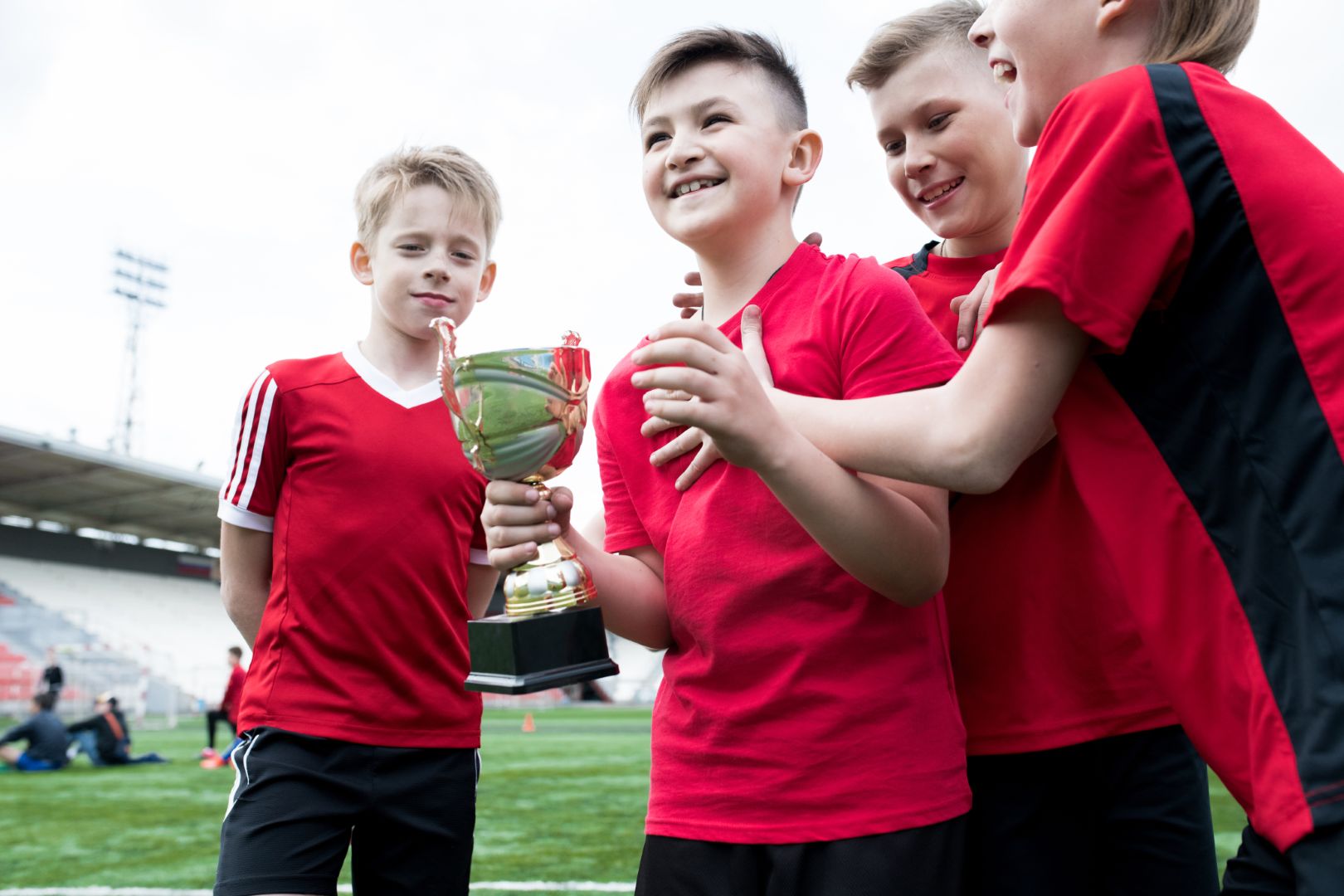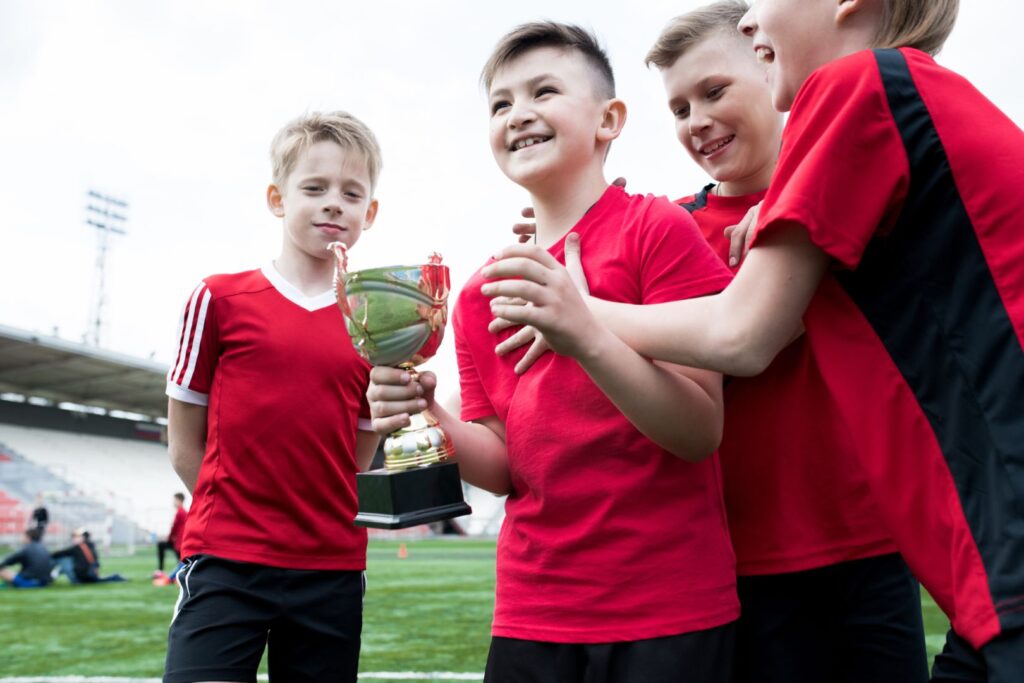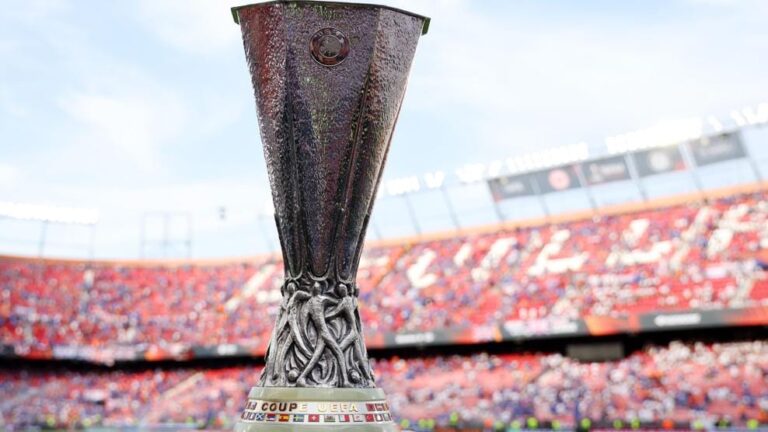The Power of Recognition in Primary School Soccer Competitions
As the excitement of the 2025 Bill Turner Cup sweeps across Australian primary schools this May, the spotlight shines on our youngest soccer talents. This prestigious competition not only showcases skill development but highlights an essential aspect of youth sports often overlooked: meaningful recognition.
The Science Behind Sports Recognition
Research from the Australian Sports Commission reveals that appropriate recognition significantly impacts young athletes’ continued participation in sports. Their 2024 study found that primary school children who received personalized recognition were 37% more likely to continue playing soccer into secondary school compared to those who didn’t receive such acknowledgment.
“Research consistently shows that recognition in youth sports creates a positive feedback loop for children. When primary school students receive personalized acknowledgment for their efforts, they develop stronger intrinsic motivation that extends beyond immediate participation, leading to significantly higher retention rates in sporting activities.”
Professor Rochelle Eime, Pasi Group
Player of the match: more than just a title
The “Player of the Match” award has evolved from a simple participation acknowledgment to a powerful motivational tool. What makes this recognition particularly effective is its focus on effort, sportsmanship, and improvement rather than just scoring ability.
The Australian Institute of Sport’s 2025 report on youth sports engagement found that 83% of primary school coaches observed improved training attendance and effort after implementing regular recognition programs that highlighted various aspects of performance beyond winning.
Current Trends in Primary School Sports Recognition
Today’s recognition programs are becoming increasingly inclusive and personalised. Schools are moving away from the “one trophy fits all” approach toward customised recognition that celebrates individual growth and team contributions.
Digital integration is another emerging trend, with some schools creating digital portfolios of achievements alongside physical awards. However, research consistently shows that tangible tokens of recognition—medals and trophies that children can hold and display—remain powerful motivators for young athletes.
Overcoming Recognition Challenges
Many schools face two significant challenges with their sports recognition programs: budget constraints and ensuring inclusivity.
“We want to recognise every child’s contribution, but quality awards can strain limited budgets,” explains Michael Chen, Physical Education Coordinator at Brisbane West Primary. “Finding the balance between meaningful recognition and affordability is crucial.”
Schools are addressing these challenges through creative approaches:
- Rotating recognition categories that highlight different skills each week
- Community sponsorship programs for quality awards
- Implementing peer nomination systems that encourage students to recognise each other’s efforts
Making Recognition Meaningful
The most impactful recognition connects personally with students. Customised medals featuring school emblems and individual names transform a simple award into a cherished memento. When students see their names engraved on high-quality silver, gold, or bronze medals, the significance of their achievement is reinforced.
“The weight and quality of a well-crafted medal communicates value to children,” notes educational psychologist Emma Lawson. “It tells them their effort matters and is worth commemorating properly.”
Building Lasting Motivation
As the Bill Turner Cup demonstrates, primary school soccer isn’t just about developing skills, it’s about nurturing a lifelong love for sport and physical activity. Recognition plays a vital role in this journey.
Schools looking to enhance their recognition programs can explore options through specialists like Awards Warehouse, where customisation options allow for personalised recognition that fits within school budgets while maintaining quality standards.
Looking Forward
As we cheer on the young athletes in this year’s competitions, let’s remember that the medals and trophies we present are more than metal and ribbon—they’re powerful symbols that can inspire continued participation, effort, and love of the game.
By thoughtfully recognising our primary school soccer stars, we’re not just celebrating today’s achievements but investing in tomorrow’s healthy, confident, and motivated individuals.



